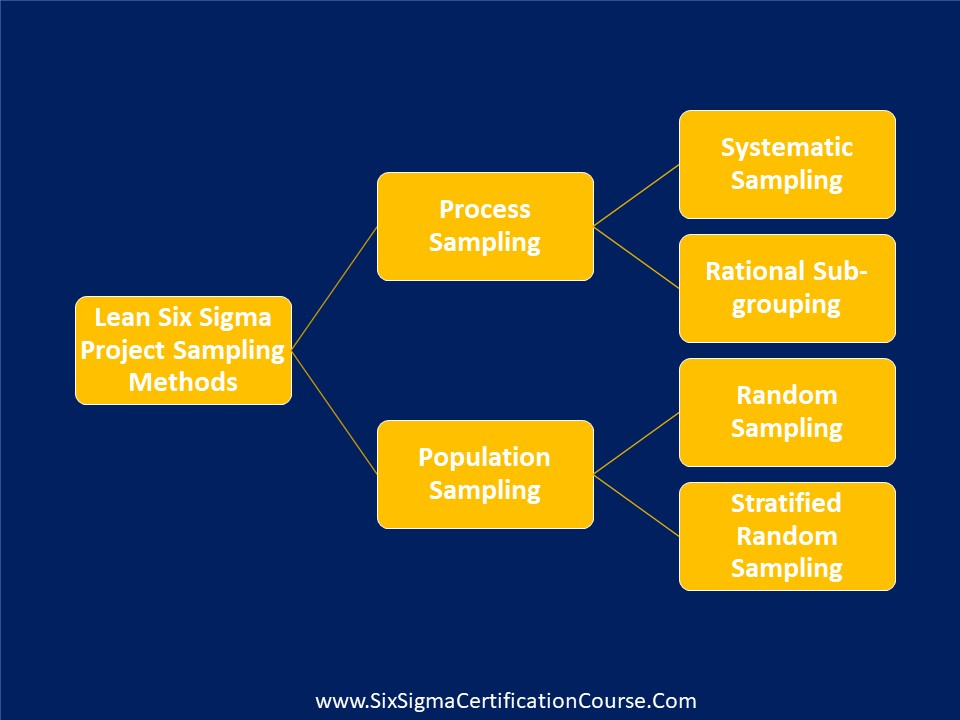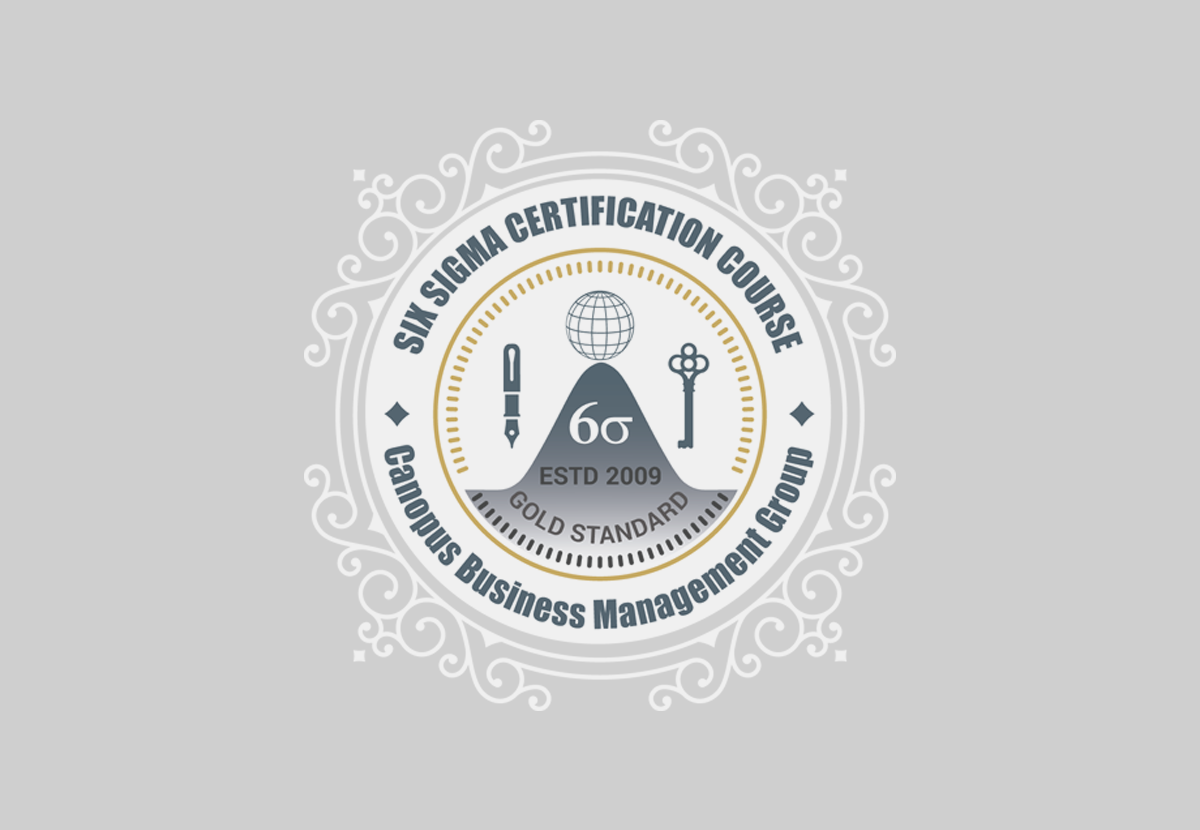There are several popular Agile frameworks that are commonly used in software development and project management:
- Scrum: Scrum is the most popular Agile framework, which emphasizes iterative development, self-organizing teams, and frequent customer feedback. It uses time-boxed sprints to deliver increments of the product.
- Kanban: Kanban is another popular Agile framework that emphasizes continuous delivery, visualizing work, and limiting work in progress. It is based on a pull system, where work is pulled as capacity allows, rather than pushed based on a schedule.

- Extreme Programming (XP): XP is an Agile framework that emphasizes technical practices such as pair programming, continuous integration, and test-driven development. It also focuses on customer involvement and rapid feedback.
- Lean Software Development: Lean Software Development is an Agile framework that focuses on minimizing waste, maximizing customer value, and continuous improvement. It is based on the principles of Lean Manufacturing and emphasizes delivering value as early as possible.
- Agile Project Management (APM): APM is an Agile framework that combines the principles of Agile software development with project management techniques. It focuses on adaptive planning, iterative delivery, and continuous improvement.
There are also other Agile frameworks and methodologies, such as Crystal, Dynamic Systems Development Method (DSDM), and Feature-Driven Development (FDD), but the above are some of the most widely used frameworks.
Tags
Agile methodology has had a significant impact on the project management profession, both in terms of its approach and the skills required for success. Here are some of the ways Agile has impacted project management:
- Increased focus on customer satisfaction: Agile methodology places a strong emphasis on customer satisfaction, which requires project managers to be more customer-focused and to work closely with stakeholders to ensure that the project meets their needs.
- Greater collaboration and teamwork: Agile methodology requires cross-functional teams to work together closely, which has increased the importance of communication, collaboration, and teamwork skills for project managers.

- More flexibility and adaptability: Agile methodology is more flexible and adaptable than traditional project management approaches, which has required project managers to be more agile in their thinking and approach to managing projects.
- Greater emphasis on continuous improvement: Agile methodology is based on continuous improvement, which requires project managers to be more proactive in identifying opportunities for improvement and implementing changes.
- More iterative and incremental approach: Agile methodology is based on an iterative and incremental approach to project delivery, which requires project managers to be more focused on delivering value in small increments rather than completing large, complex projects all at once.
Overall, Agile has had a significant impact on project management, and it has changed the way many organizations approach project management. As Agile continues to evolve, it will likely continue to shape the project management profession in new and innovative ways.






